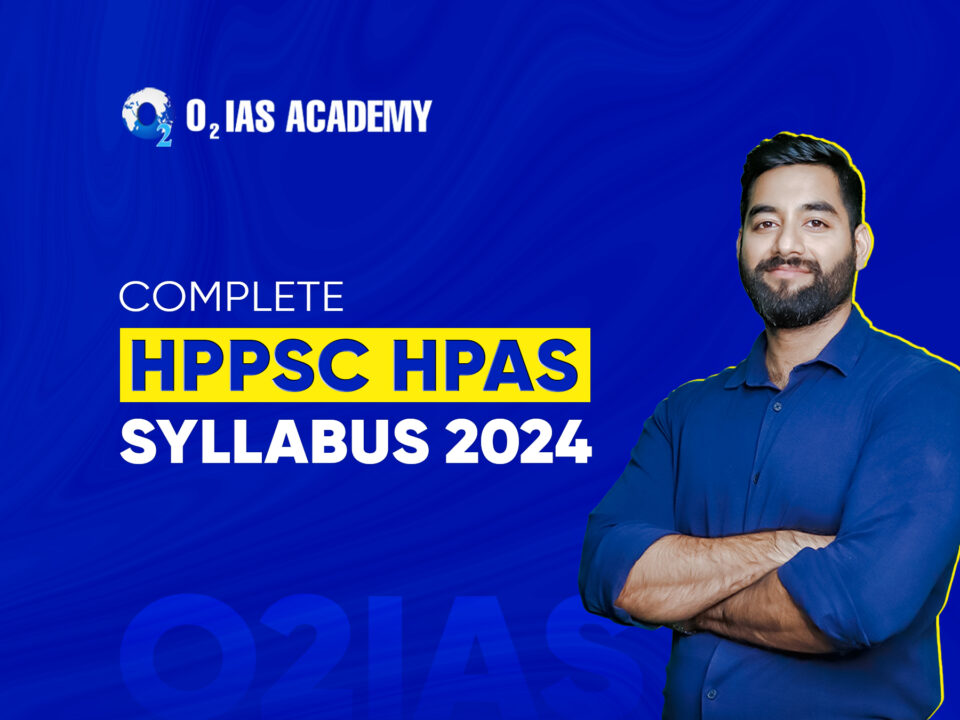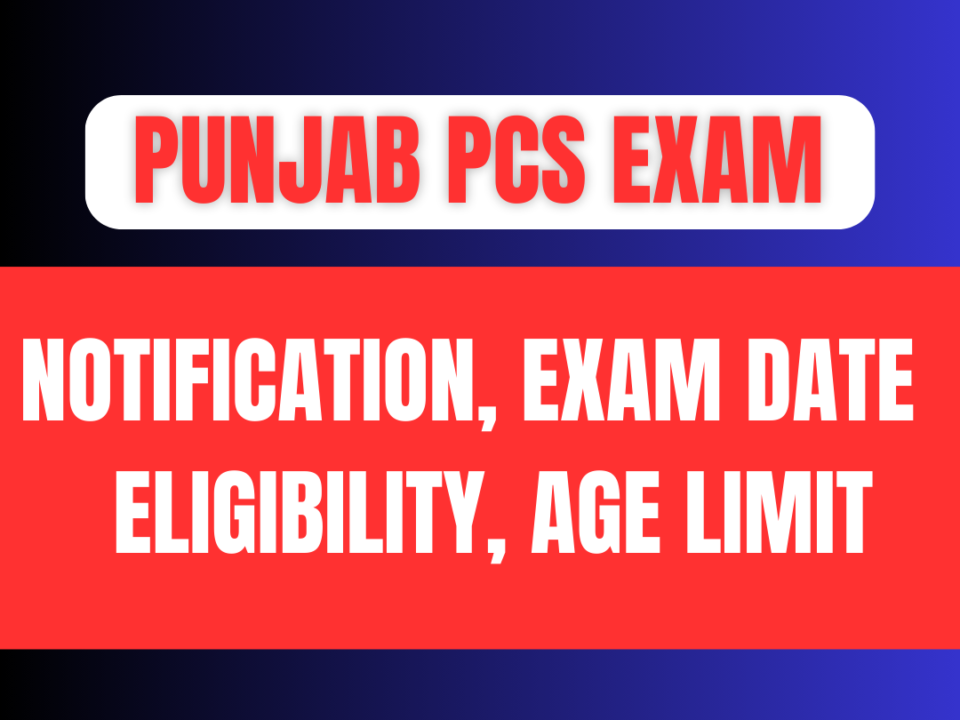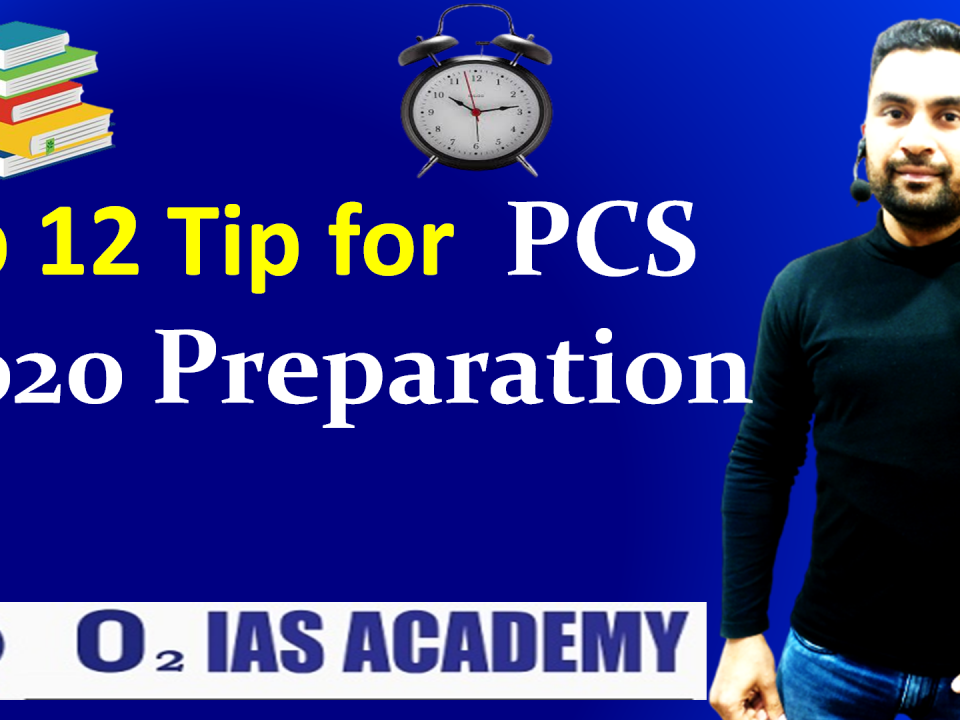How to Begin the UPSC CSE Journey
Every year lakhs of young ambitious hard working Indians startpreparing for the prestigious UPSC examination. For more than a decade,O2 IAS academy has been guiding and helping students to realise their goal of becoming a civil servant. Through the experience and insight gained in the last decade we have found that most aspirants have many doubts and concerns during the initial stages of the preparation. Due to the vast syllabus prescribed by UPSC many aspirants have difficulty in grasping subjects that they have not been in touch with after school. In addition many aspirants commonly opt for an Optional Subject that they have not studied during their graduation days. For example, a science graduate finds it tough to cover the huge syllabus of humanities subjects like polity and vice versa.
Thus, we have tried to provide blueprint for the initial preparation phase for UPSC aspirants. Aspirants should keep this in mind that UPSC doesn’t expect the aspirants of Civil Services Exam to be experts/specialists in each of the subjects of its syllabus, rather have generalist knowledge about all the topics. Thus, aspirants should not be afraid to cover those subjects which have not studied during their graduation days. All that’s required to qualify this exam is hard work, consistency and the right approach towards studying each subject.
We, at O2 IAS academy-a leading institute for UPSC preparation in Chandigarh, sincerely hope that this blog will help you in clearing some of your doubts and issues faced during the UPSC journey.
Focus on building a strong foundation- The most important thing to keep in mind during the initial few weeks of the UPSC journey is that you should first work on getting basic fundamentals right. So, before reading any other reference book or coaching notes all aspirants should start with the NCERT books. Since, NCERTsgiveconcise and lucid explanations of all the important concepts and thus help in building a strong foundation upon which laterother sources can be added. Other the standard textbooks should be started only after understanding and revising concepts of NCERTs. This will the overall preparation smooth and streamlined.
Less is more-It is also advisable to limit number of sources for all subjects. Especially for new aspirants it is of utmost importance to focus only on standard books and revise them multiple times.Instead of wasting time and effort on covering same topic from multiple sources and it is better to cover one source properly.
Analyse the pattern– In addition, all aspirants should go through the previous years’ question papers(at least of last 5 years) tofamiliarise themselves with the pattern and types of questions being asked from various topics. This should be completed within the first 2 months of the preparation. Doing this exercise on a regular basis will aid aspirants in understanding the subjects from examination point of view.Since, different stages of the CSE have different requirements you will need to plan your preparation accordingly.
Never skip the news– Aspirants have a tendency to focus more on the static portion of the exam and spend more time studying standard books. But, it should be noted that it is necessary to supplement textbook knowledge with current affairs from newspapers (Hindu and Indian Express) and magazines (Yojana, EPW, etc.). You must thoroughly read and analyse the latest newsin context of the UPSC syllabus. In addition to clear this exam it is also necessary to refer to government websites, important reports, cover Economic Survey and Budget in good detail, etc. But aspirants should analyse these documents and newspapers in depth merely passive reading and copying down points to make notes will be of use. Thus, aspirants should also try to make linkages with the syllabus topics and gain a holistic understanding. Instead of copying down lines directly from sources focus should be on making short notes for easier revision and better retention purposes.
Practise answer writing-answer writing practice is a better determinant of success in CSE than having a background in subjects during graduation. Merely having covered certain subjects of UPSC syllabus would not help you in securing more marks in mains examination if extensive answer writing is not practised. As a rule of thumb, the more you practise, the better your overall understanding of subject topics will be. Thus, you should fear losing marks in a certain subject just because you have never studied it before. Since, basic concepts can be easily covered and understood and your writing skills are the major determinant of your success. Your initial answers may not be up to the mark, but after guidance & analyse you can make huge improvements and easily score more marks.
Tips and tricks for Answer Writing
- Cover all dimensions of an answer instead of elaborating on a single aspect.
- Write in concise informative points instead of beating around the bush and wasting a paragraph on frivolous information.
- Underline key words wherever possible
- Write short introduction and conclusion as per the demands of the question.
- Supplement the answer with diagrams if possible or needed.
- Familiarise yourself with the key words such as “comment”, “analyse”, “discuss”, “critically analyse”, “give your opinion” etc and write your answers accordingly.
- There is no need for flowery and technical language with difficult words. Instead focus on writing grammatically correct language and providing factually correct information with supporting data and analysis. Do not try to cook up fake facts or data just to impress the examiner.
We hope that this blog will help all the IAS and UPSC CSE aspirants studying in UPSC coaching institutes in Chandigarh and other parts of India..These were our views and opinions on this topic. What are your thoughts and inputs or queries on this topic? Comment below and share your views with us. We would be happy to assist you in your UPSC journey and answer your queries.



